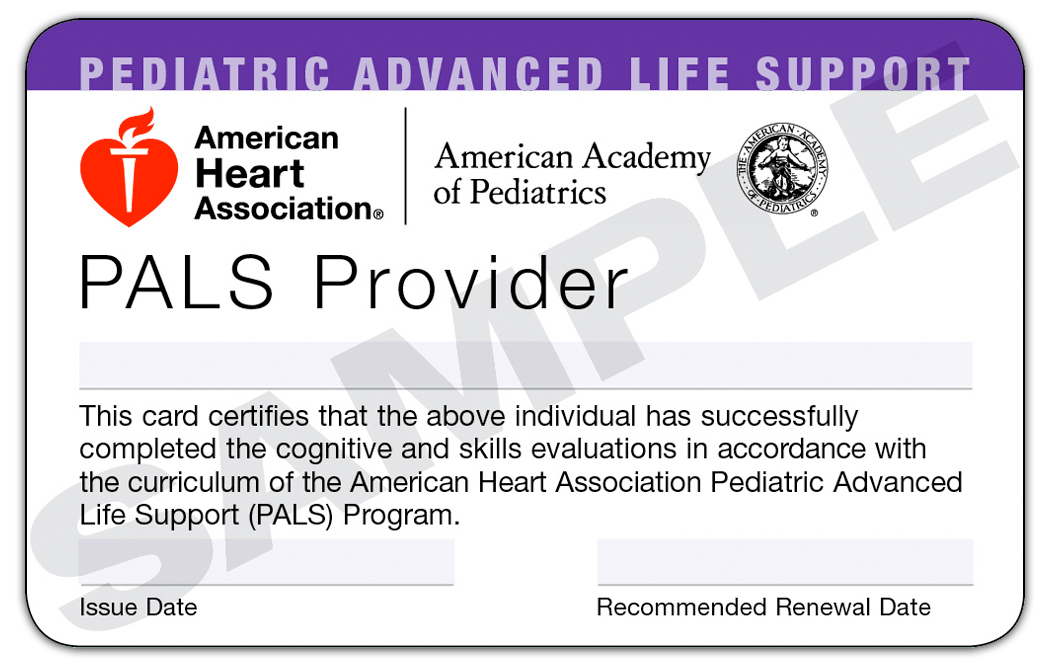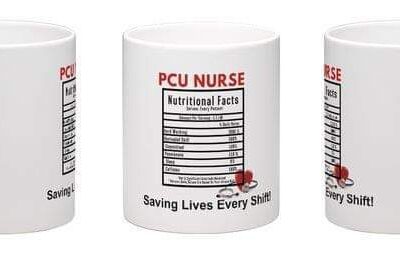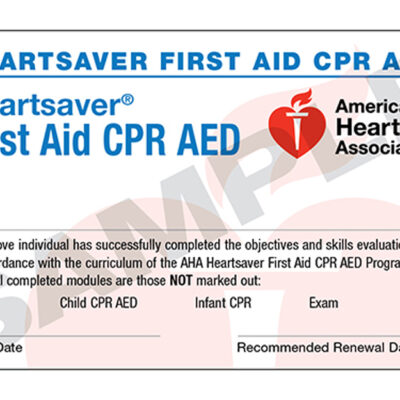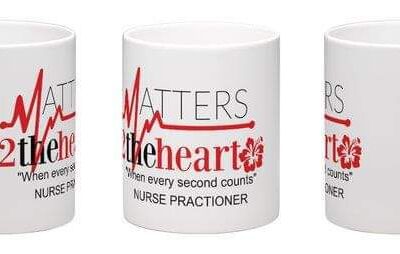Description
Prerequisite: Current BLS card
Course Registration Fee: $185
Provider manual: Rental $20 Purchase $45
Required: AHA ACLS Provider Manual ( can rent or purchase)
Course is intended for healthcare providers who:
- respond to emergencies in infants and children i.e in the ER, critical care units, women’s center, such as nurses, doctors, paramedics, ILP and others
- have never attended an PALS Provider course;
- are not comfortable with the PALS content and skills; and/or have an expired PALS card
Participate or direct a cardiopulmonary arrest or cardiovascular event of children
Prior to the course:
The participant is expected to:
have a current BLS Provider card;
review the AHA PALS Provider Manual;
complete the pre-course assessment; and
print the pre-course assessment score (which will be presented to the instructor on the first day of the course
To access the PALS pre-course assessment, click on the link below. Enter the code PALS15. The assessment is free and may be taken multiple times. A minimum score of 80% must be achieved and the certificate printed to be presented to the course presenter at Matters2TheHeart.
The pals course builds on the foundation of lifesaving Basic Life Support (BLS) for Healthcare Providers skills. The student should be very comfortable in infant and child BLS skills and also be able to recognize a variety of heart rhythms It emphasizes the importance of continuous, high-quality CPR and the importance of team dynamics, communication, systems of care, and immediate post-cardiac arrest care. Airway management and related pharmacology are also covered in this PALS course.
Small and large-group sessions are utilized to teach skills in a stress free environment followed by testing stations where case-based scenarios are presented supported by video. In order to successfully complete the course, you must demonstrate skills competency at all learning stations and pass the CPR and AED skills test, bag-mask ventilation skills test, and a Megacode test. In addition, a 50 question written test must be passed with a minimum score of 80%. Upon successful completion, students will receive an ACLS Provider card that is valid for two years.
To be successful in any PALS course, students should be able to identify ECG rhythms and should know pharmacology specific to cardiopulmonary arrest and other cardiopulmonary emergencies before beginning the course. It is strongly recommended that students review the PALS course materials and complete a pre-course self-assessment using the tools in their student materials before starting the course.
Course Includes:
• Key changes in advanced cardiovascular life support, reflecting
the 2015 American Heart Association Guidelines for Cardiopulmonary
Resuscitation and Emergency Cardiovascular Care
• Basic life support skills, including effective chest compressions,use of a bag-mask device and use of an AED
Perform high-quality child CPR AED and infant CPR per AHA BLS recommendations
Recognize cardiopulmonary arrest early and begin CPR within 10 seconds
• Recognition and early management of respiratory and cardiac arrest
• Recognition and early management of cardiac rhythms that may precede cardiac arrest conditions such as symptomatic bradycardia
Differentiate between unstable and stable patients with arrhythmias
Perform early interventions for respiratory distress and failure
Differentiate between respiratory distress and respiratory failure
Differentiate between compensated and decompensated (hypotensive) shock
Perform early interventions for the treatment of shock
Airway management
• Related pharmacology
• Team dynamics
• Team dynamics
• Effective communication as a member and leader of a resuscitation team
Resources available to help you prepare to test for PALS:
Go to the AHA created PALS Student Website at www.heart.org/eccstudent. The online, mandatory PALS Precourse Self-Assessment along with additional resources and videos may be accessed by students and instructors. Utilize the access code that is provided on page ii of the PALS Provider Manual and PALS Instructor Manual. The following resources are included:
Mandatory Precourse Self-Assessment
Precourse Preparation Checklist
Systematic Approach video
Management of Respiratory Distress and Failure video
Management of Arrhythmias video
Management of Shock video





Reviews
There are no reviews yet.